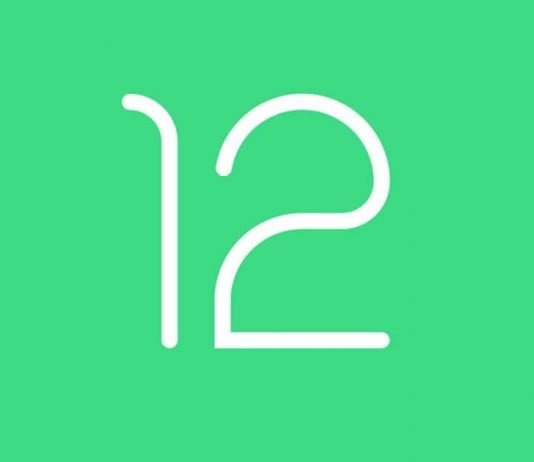Google released the first developer preview of Android 12. The initial version is available for the Pixel models 3, 3 XL, 3a, 3a XL, 4, 4 XL, 4a, 4a 5G, and 5 and clearly aimed at developers — with its somewhat more complex manual installation — who can use the preview to adapt their apps to the new operating system.
Google is initially focusing on the areas of privacy and security. Android 12 should be more transparent for the user as to where which data flows and prevent this if necessary.
Google wants tracking via properties of the smartphone that clearly identify the user and cannot be changed by the user, such as the MAC addresses. With Android 12, the tracking restriction of the MAC addresses applies to all apps regardless of the API level.
The Android component WebView for displaying web content outside the browser now uses the SameSite cookie behavior introduced almost exactly a year ago with Chrome 80 by default so that fewer third-party cookies or with more suitable attributes are set. Android 12 also regulates more strictly which components of the system an app can start outside of its own environment.
In the multimedia area, Android 12 brings a new media transcoder, which is aimed primarily at applications that cannot handle HEVC (H.265). More and more smartphones are equipped with encoders and decoders for HEVC, but some apps still do not support the codec. In this case, Android 12 offers automatic conversion to AVC (H.264) via the new media transcoder. The transcoder takes 9 seconds to get one minute of 1080p30 video from HEVC to AVC. Developers can access the transcoder by declaring in their app which media types it supports. However, Google urges developers to support HEVC directly in the app.
For photos, Android 12 receives support for AVIF, which stands for AV1 Image File Format, and thus uses AV1 for encoding photos. AVIF delivers significantly better image quality than JPEG with the same file size or the same quality with significantly reduced file size.
Android 12 also offers a new universal API for rich content, i.e., images, videos, and other expressive content. The new API should make it easier for app developers to support rich content from any source, be it via the clipboard, the keyboard or drag and drop from another app, such as with multiple app windows, foldable smartphones or with several Screens can occur.
Google has revised the gesture control of the operating system with Android 12 so that it can now be triggered more easily when viewing content with just a swipe across the display.
In the area of notifications, Android 12 introduces a revised user interface, and Google also wants to accelerate the handling of notifications. Android 12 also redefines how foreground services can be performed. Foreground services are basically all activities that are immediately visible to the user through a notice in the status bar.
The update to Android 12 should bring a high level of app compatibility, which is why many of the changes were initially implemented by Google as an opt-in to give the developers more time for the new platform.
Google advises developers to optimize their apps for Android 12 on the one hand and for new device classes on the other. Smartphones with large screens, foldable displays, televisions, and tablets should be considered more than ever during development.
Project Mainline, i.e. the updating of system components via the Play Store, is being pushed further under Android 12. The Android Runtime Module (ART) has been added, which enables updates of the core runtime and libraries via the Play Store.
As Google explains, today’s release is only the first step on the way to the completion of Android 12; many other innovations are to be announced in the further course of the beta program. The final release of Android 12 is expected in late summer and autumn.



